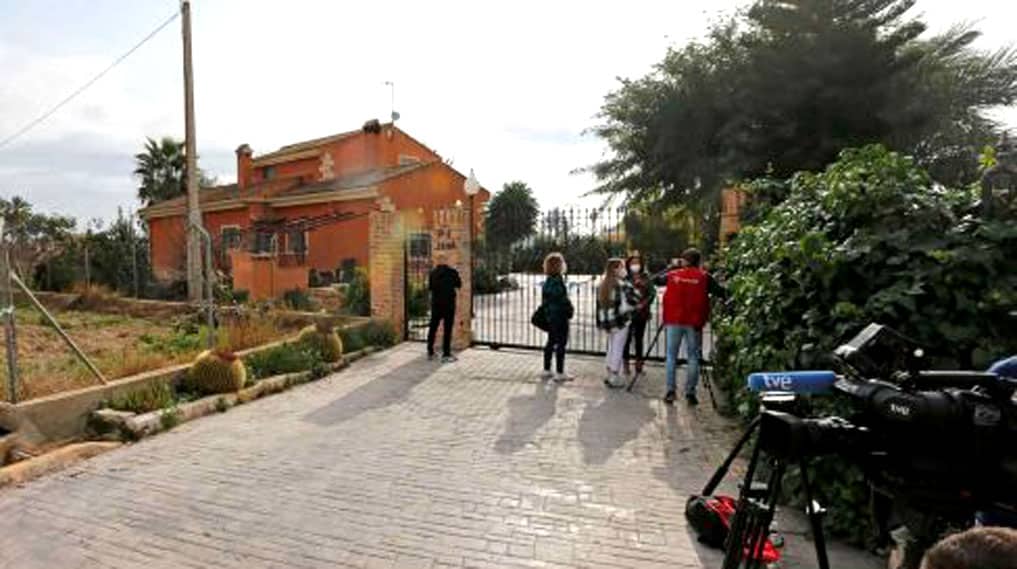The cost to his freedom, following the murder of both parents and his ten-year-old brother, is just five years of internment and three years of supervised release. The young boy from Elche, who turns 16 in a few days time, will be free at the age of 21, with no criminal record.
The minor, who has confessed to the murder of his parents and his brother, will be prevented by the law, however, from inheriting the family’s possessions
The sentence is the maximum that a juvenile court can pass on the adolescent for a crime that has shocked the province and has once again raised the old controversies about the Minors’ Law in Spain.
If a person over 18 years of age had committed the same crimes, the sentence imposed would be life in prison. In the case of minors, at the age of 21 they are freed without any form of criminal record, in order to facilitate their social rehabilitation.
On Sunday (20 February) it was a week since a court ordered the internment of the 15-year-old boy who confessed to having killed his parents and his 10-year-old brother with a shotgun. As he admitted in his statement to the police, on Tuesday, February 8, he first shot his mother while she was sitting on a sofa after an argument over his school grades.
Next, he killed his ten-year-old brother who ran into the room alerted by the sound of gunfire. And finally, he waited for four hours for his father to return from work to greet him with the shotgun.
He then dragged the bodies to an adjacent shed and returned to the house where he continued to play video games for three days.
It was only when other family members arrived at the house to find out why they had not heard from their relatives, that the true scale of his crimes came to light.
Since last Sunday, he has been hospitalised in a juvenile detention centre in Valencia, while the judicial investigation of the triple murder continues.
The triple parricide in Elche is not the first such case to occur locally. In 1994, Cyril Jaquet was sentenced to only two years in prison for killing his parents in Benijófar. He was 15 years old at the time.
José Rabadán, known as the ‘Katana Murderer’ after the Japanese sword that he used in the crime, was sentenced to six years of imprisonment and another two of probation for killing his parents and sister in Murcia on April 1, 2000.
These are similar sentences to those that the minor now detained in Elche will have to face, if he is convicted. In a few days he will be 16 years of age. The Spanish press is reporting that he will be released when he reaches 21 years of age, so the time he will spend in internment would be five years.
The Law of the Minor (La Ley del Menor) in Spain does not so much seek to punish the perpetrator of a crime, as his to re-educate him and reintroduce him into society.
This same legislative procedure also provides that once the convicted individual reaches the age of 18, he can spend the remainder of his sentence in an adult prison, although that would appear to have been ruled out in this case. However, once the sentence has been served, he would then have to spend up to a maximum of three years on probation, a period during which the offender is subject to special supervision so that he is able to obtain the necessary skills for his social re-integration.
According to the forecasts from the Juvenile Prosecutor’s Office, the investigation will not take very long. Sources from the Benalúa Palace of Justice, where the juvenile courts are located, indicate that the case could be tried and sentenced within three months. At this time, the investigating officers are waiting the analysis of all the samples collected at the crime scene.





